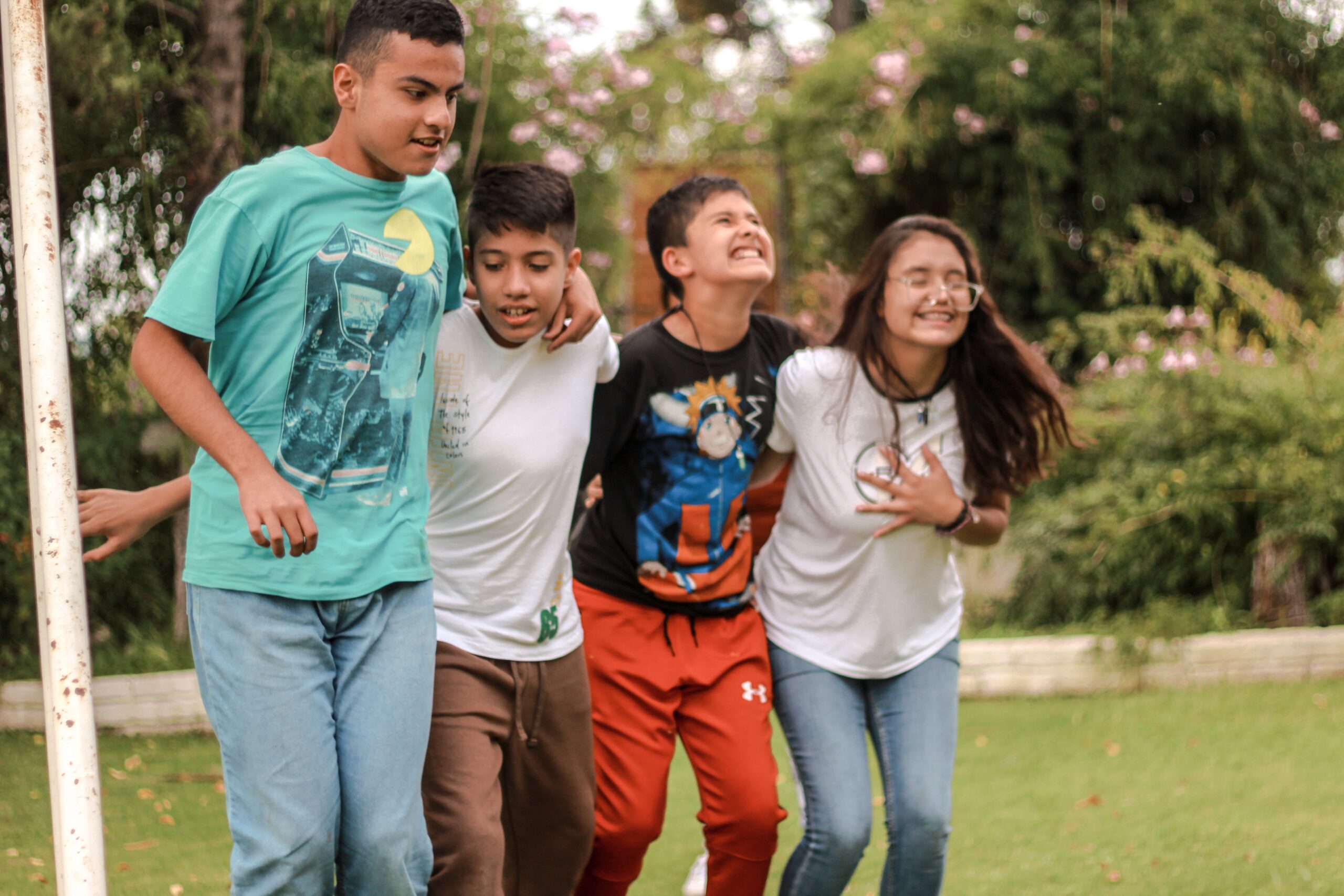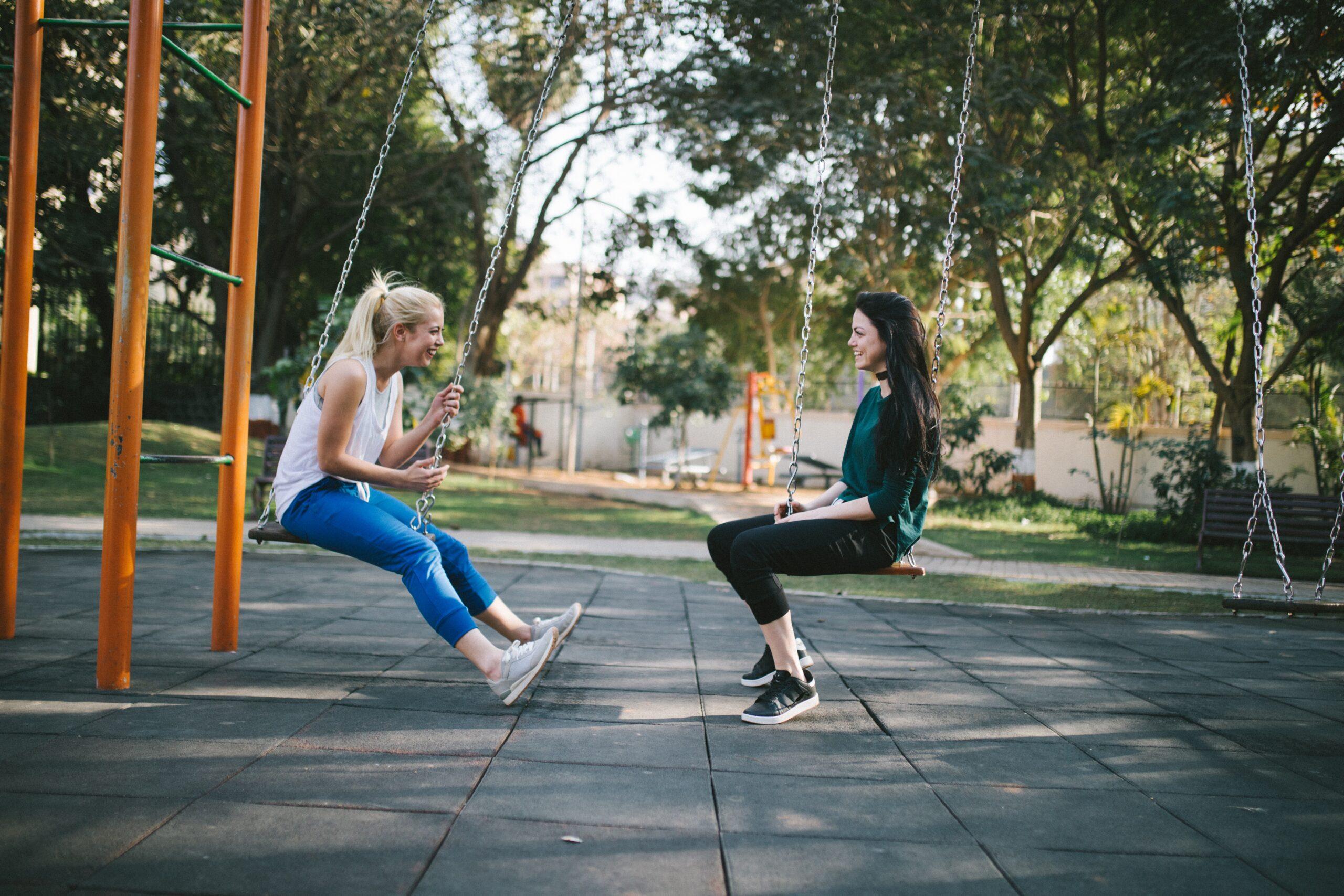Come summertime, your children are likely heading off to camp. Get set to be impressed by their development by the end of the camp session. At camp, kids learn new skills, try different activities, are independent, enjoy the outdoors, play games and, best of all, make friends.
Your child may be anxious about making friends at camp. Experienced camp leaders know that playing games with their campers, from the get-to-know-you games to the team relays and group challenges, can help banish homesickness, promote friendships and provide lasting camp memories.
What’s Important About Playing Games?
Games are one of the most useful tools for aiding childhood development. They help children develop hand-eye coordination, fine-motor skills, listening skills and the ability to think, respond and strategize. Games encourage children to work together as a team to achieve a common goal. They allow children to experience success and failure in a positive and supportive environment. Games help children communicate with each other and with adults. They teach children valuable life lessons, such as “if you break a rule, you have to deal with the consequences” and “if you brag about winning, nobody will want to play against you next time.”
As children’s time in front of computer screens, TV sets and video games seems to grow by the day, it is increasingly important to encourage children to play games with other kids. Playing games at camp may be the only time that some children get to interact socially with other children without the structure of a classroom or sports team.
In addition to the social benefits of game playing, there are the obvious health benefits of daily physical activity. By getting children up and moving, we teach them the importance of exercise in leading a long and healthy life.
A good camp program offers a variety of games that every child can enjoy, including competitive and cooperative games at all levels of movement and skill, brain games, drama games, relay races and games of tag. An inclusive program allows all campers, regardless of physical, intellectual, developmental and emotional ability, to actively participate in a way that challenges campers. There should be at least one game that each child in the group can succeed at daily. An excellent camp program does all of that— and fosters enduring friendships.
How Parents Can Foster the Fun
Whether your child is attending camp as a nervous first-time camper or as a returning leader-in-training, you can set a good example of healthy game play at home. Here are a few tips to keep games enjoyable, fair and safe when friends come over to play.
- Play along with kids. By doing this, you model active participation and good sportsmanship. And when you enjoy the activity, reluctant participants see that and follow your lead.
- Keep things positive when choosing teams. Have players sort themselves by height, and then count off teams, A or B. Consider also sorting players by shoe color, shirt color, birthday, alphabetically or even by favorite jellybean flavor.
- Review the rules before you start a game that anyone might not know.
- Teach your child how to take turns.
- Vary the games played. Encourage children to try something new and unique once in a while.
- Remind kids to ensure that nobody is left out. Pair slower players with faster players as “running buddies.” Winning as a team can be even more exciting than winning alone.
- If equipment or rules are keeping a game from being fun or fair, adapt them. In a game that involves quickly catching and throwing a ball, instead of a regular utility ball, use a football that will be difficult for everyone to catch, and not just children with poor hand-eye coordination. Or bend the rules to allow players to hold the ball longer.
- Tell your child to be a good sport— a gracious winner and loser.
- Allow recovery time and water breaks during and after vigorous games.
- Never let children swim in or play near water while unsupervised.
- Special events and theme days add variety and excitement at camp. You can do the same for celebrations at home, adding costumes, creative activities and festive foods to suit different occasions.
When you help your child learn how to play games amicably at home, he or she becomes better prepared to play games at camp. And what will your child get out of playing games at camp? Self-confidence, new skills, shared experiences, lessons learned, fun times and friendships. And that is what camp is all about!



